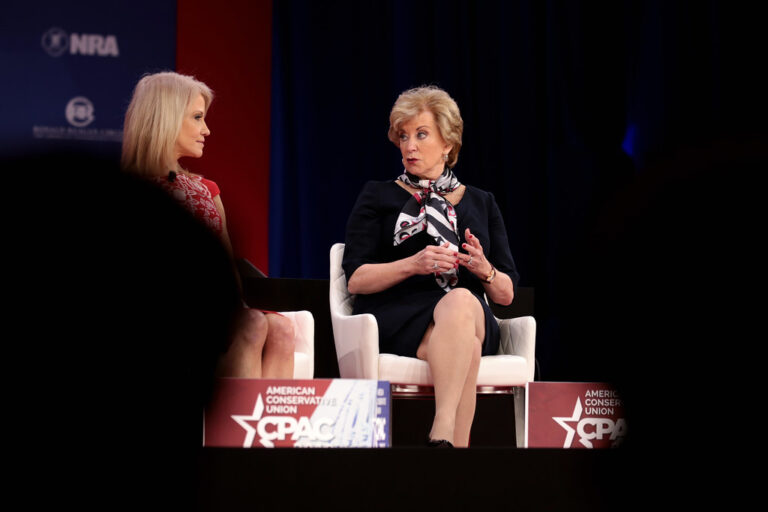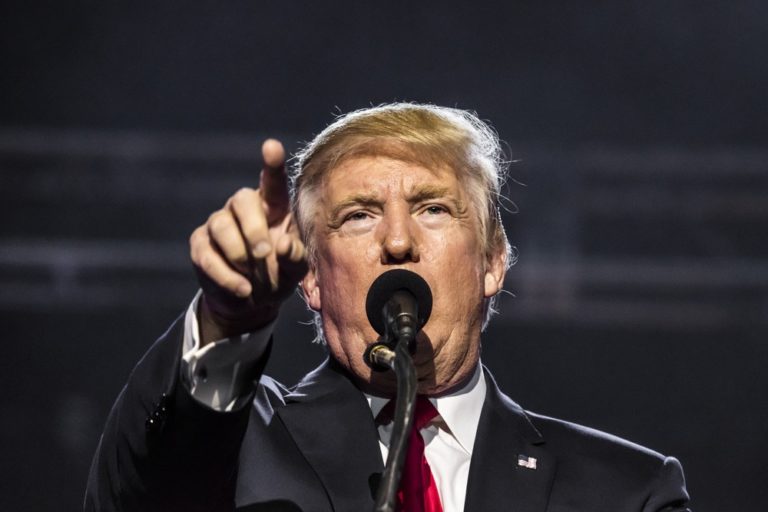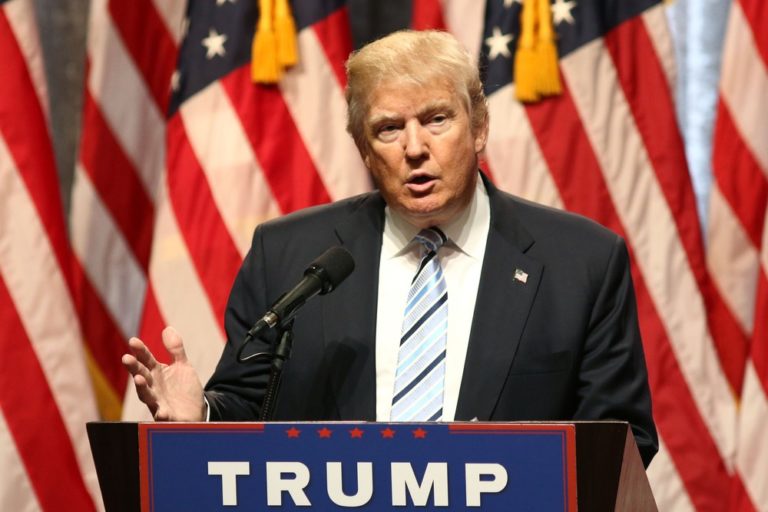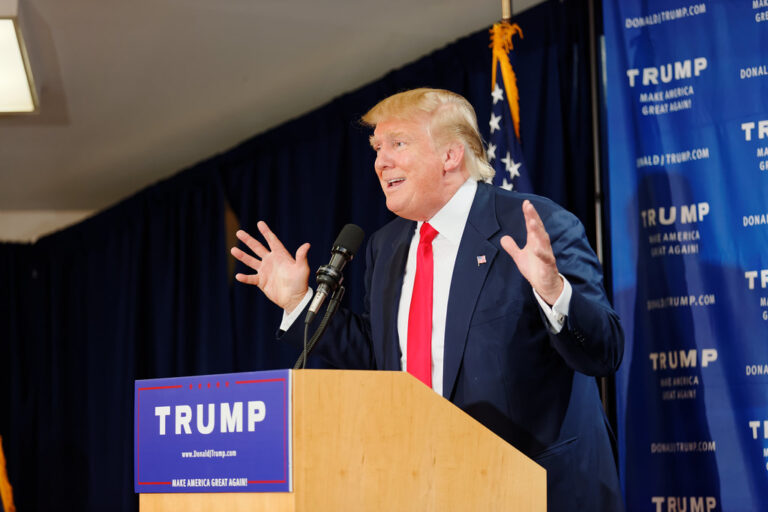Key Takeaways:
- Republicans are considering adding work requirements to Medicaid to cut spending.
- Rep. Dusty Johnson claims work requirements are effective, but examples he cited show problems.
- Maine rejected work requirements, while Arkansas’ program was stopped by a judge.
- Studies show work requirements lead to uninsured people and medical debt.
Medicaid Work Requirements: A Closer Look at the Controversy
As Republicans discuss ways to cut spending to pay for President Donald Trump’s tax cuts, one idea they’re considering is adding work requirements to Medicaid. Medicaid is a program that provides health insurance to low-income people. Work requirements mean people would have to work a certain number of hours each month to keep their Medicaid benefits.
Rep. Dusty Johnson, a Republican from South Dakota, recently said that work requirements are a good idea. He mentioned Maine and Arkansas as examples of where this has worked well. But a closer look shows that these examples actually highlight problems with the idea.
Maine’s Story
Rep. Johnson pointed to Maine as a success story. However, Maine actually rejected work requirements. In 2018, then-Gov. Paul LePage, a Republican, asked to add work requirements to Maine’s Medicaid program, and President Trump approved the request. But when Democratic Gov. Janet Mills took office in 2019, she stopped the plan.
Gov. Mills explained why she opposed the idea. She said Maine’s low unemployment rate and spread-out population made work requirements problematic. She also said the state needed better support systems, like job training, and exemptions for certain groups, such as people in treatment programs. Without these supports, she believed the requirements would leave more people uninsured without helping them find jobs.
Arkansas’ Experience
Arkansas tried implementing work requirements in 2018. The state required Medicaid recipients aged 30 to 49 to work at least 80 hours a month. But the results were not what supporters expected. Almost 17,000 people lost their Medicaid coverage because they couldn’t meet the requirements.
Even though 97% of those affected were eligible to keep their benefits, many struggled to report their work hours. Some didn’t have internet access, which made it hard to comply with the rules. A study published in the New England Journal of Medicine found that people were confused by the policy, and many ended up losing coverage.
By 2019, a federal judge stopped the Arkansas program, ruling that the requirements were unlawful. An appeals court later agreed, saying the program failed to consider whether people would lose their health insurance.
The Impact of Work Requirements
The Arkansas experience shows that work requirements can have serious consequences. While they didn’t increase workforce participation, they did lead to more uninsured people. Many of those who lost Medicaid coverage delayed medical care because they couldn’t afford it. For example, 64% of people affected by the Arkansas program delayed taking their medications due to cost.
A report by the Congressional Budget Office (CBO) in 2023 also found that work requirements wouldn’t change how many hours Medicaid recipients work. However, they would lead to more uninsured Americans. The CBO based this conclusion, in part, on data from Arkansas.
The Ongoing Debate
Despite the evidence from Arkansas and Maine, Rep. Johnson and other Republicans continue to support work requirements. Johnson argued that the CBO shouldn’t draw conclusions based on one state’s experience. He believes work requirements can still be effective in helping people find jobs and improve their lives.
However, critics argue that work requirements are not the solution to helping people find work. They say these policies often punish people who are already struggling, leading to more uninsured individuals and higher medical debt. Instead of adding work requirements, some suggest focusing on improving job training programs and making healthcare more affordable.
Conclusion
The debate over Medicaid work requirements is complex. While some argue that they help people find jobs, the experiences in Maine and Arkansas show that these policies can have serious unintended consequences. As Republicans look for ways to cut spending, it’s important to consider the impact of such policies on vulnerable populations. The goal should be to create programs that truly help people, rather than leaving them without the healthcare they need.










